To many of us, cancer is a potentially life-threatening condition. The majority of us are bound to know of people who have suffered or are suffering from cancer – we hope for their speedy recovery. Some of us ourselves are at a higher risk of suffering from it due to our families’ medical history. Beyond that, what else do you know about it? Today, we shall find out how mutations in various genes can result in cancer. We will also be discussing how it develops and what it is caused by.
What is Cancer?
Cancer is when genes that regulate the cell cycle are mutated, causing uncontrolled cell proliferation. As such, cancer cells divide excessively and grow uncontrollably. In other words, these cells have escaped from the control of the cell cycle. So, what is the difference between normal cells and cancer cells?
Well, normal cells need growth factors to divide, but cancer cells divide regardless of whether growth factors are present or not. Normal cells also exhibit contact inhibition, but cancer cells continue dividing even after having contact with other cells, and as such, they do not exhibit contact inhibition. Before we can move on to the next point, we must first explain what cell apoptosis is.
Cell apoptosis is the process where cells are programmed to self-destruct and die. That said, normal cells usually age and undergo cell apoptosis when their time has come. They also undergo cell apoptosis if DNA damage is detected within the cell, which helps prevent the DNA damage from being passed down to daughter cells. However, cancer cells can be divided indefinitely without triggering cell apoptosis. Even when DNA damage is present in the cell – more DNA damage will be accumulated in the tissue.
With that, let us discuss the two categories of genes involved in cancer activity – proto-oncogenes and tumour suppressor genes.
Proto-oncogenes
Proto-oncogenes are genes that are responsible for triggering cell division. This is done when proto-oncogenes code for proteins “telling” the nucleus to initiate cell division. However, when they are transcribed and translated at the wrong time, they become oncogenes. These oncogenes then code for proteins causing the cells to over-divide.
Proto-oncogenes code for multiple types of proteins. These include growth factors, receptor proteins, intracellular protein kinases, transcription factors, and G-protein. Each type of protein has different functions in the division of cells.
Gain-of-function mutation
When there is a gain-of-function mutation causing the proto-oncogene to function as an oncogene, traits not found in cells with the normal gene are expressed. As most mutations causing oncogenes are dominant, only one copy is needed to express the trait. However, the expression of one oncogene is often not enough to cause cancer. There are four types of gain-of-function mutations.
The first type of mutation is a point mutation, which is also one of the most common. Point mutations are usually substitution or deletion mutations with a minor change in the sequence of bases in the gene. In the coding region, they may change the 3D conformation of the protein, causing it to be hyperactive. However, the gene may be overexpressed in the regulatory region, causing normal proteins to be overproduced.
The second type of mutation is chromosomal rearrangement, where translocation occurs. This is where DNA is broken off and re-joined at another part of the chromosome. The coding region of the protein may be altered, causing it to be a hyperactive fusion protein. This may also result in the overproduction of normal proteins.
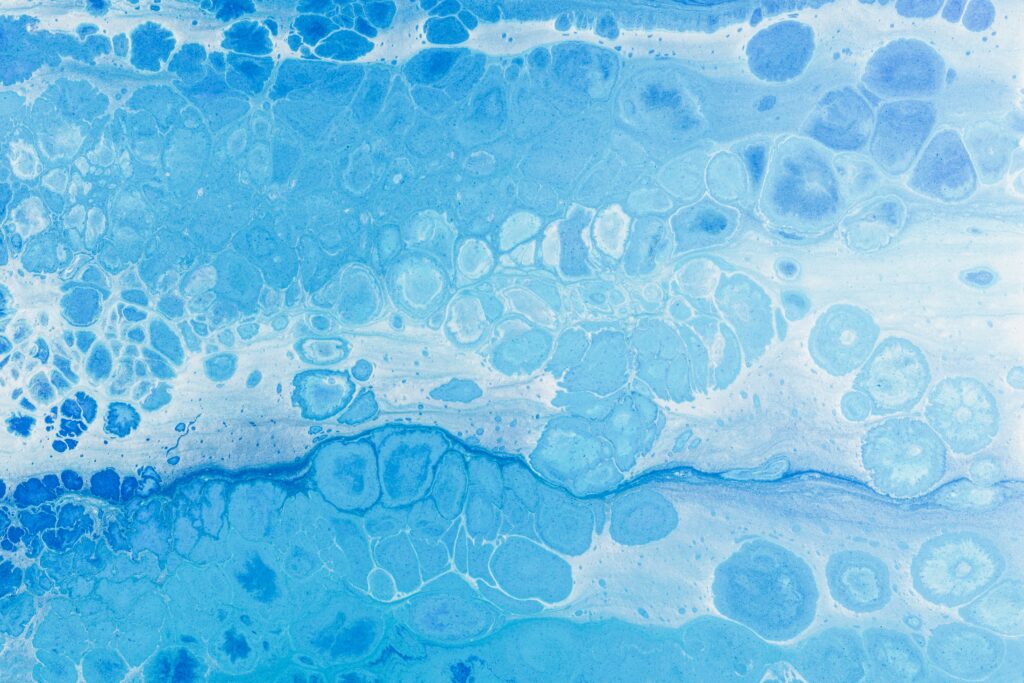
Another type of mutation is gene amplification, where extra gene copies are produced due to errors in DNA replication. Translation of these genes causes normal proteins to be overproduced. The last type of mutation is insertional mutagenesis. This process involves a retrovirus being inserted into the DNA, making the proto-oncogene overly expressed. The proto-oncogene is then controlled by active retroviral promoter sequences, becoming an oncogene.
Tumour Suppressor Genes
Now, for the other type of genes that are involved in cancer activity. Tumour suppressor genes code for proteins that directly or indirectly halt the cell cycle, repair damaged DNA, and induce cell apoptosis.
Loss-of-function mutation
We know that the proteins coded by tumour suppressor genes are important in the division of cells. As such, mutations in these genes will cause proteins coded to lose their function in preventing cell proliferation. This is known as a loss-of-function mutation, and this only happens when both normal alleles are mutated, making them recessive.
One example is the p53 gene. This gene codes for a transcription factor known as the p53 protein. This protein can attach itself to DNA in the nucleus directly and has numerous anti-cancer functions. These functions include the ones that we mentioned earlier. However, when the p53 gene is mutated, cells will synthesise non-functional p53 proteins. These non-functional proteins cannot halt the cell cycle, repair damaged DNA, or induce cell apoptosis. As such, the damaged DNA will accumulate, increasing the chances of cancer being formed.
Growth of Cancer
A medieval French proverb goes, “Rome ne s’est pas faite en un jour”. This roughly translates to “Rome wasn’t built in a day”, which also applies to cancer. Cancer is developed with a multi-step process that occurs over decades, including the accumulation of multiple standalone mutations in regulatory genes.
For a normal cell to become a cancer cell, it must have at least one gain-of-function mutation in proto-oncogenes. On top of that, it must also have multiple loss-of-function mutations in tumour suppressor genes. With these mutations accumulating, cancer cells will proliferate uncontrollably. They are also unable to halt the cell cycle, repair damaged DNA, and initiate cell apoptosis.
In its initial stages, cancer will form benign tumours. These tumours cannot invade or spread to other parts of your body. However, with successive mutations, they form malignant tumours, which can spread to other parts of your body. This is done via metastasis, where cancer cells enter your circulatory system and proliferate elsewhere. In some cases, mutations can induce angiogenesis – form new blood vessels. This supplies the tumour with oxygen and nutrients.
Causes of Cancer
Both internal and external factors can cause cancer.
Internally, cancer can be caused by the loss of immunity. This happens when cytotoxic T cells in your immune system fail to detect cancer cells. As such, cells can proliferate without being stopped. It can also be caused by genetic disposition. This is when a mutated copy of tumour suppressor genes is inherited at birth. While this does not directly cause cancer, it increases the risk of you getting cancer as fewer mutated genes need to be accumulated. Hormones can also cause cancer.
Externally, cancer can be caused by many factors:
- Chemical carcinogens, such as tobacco smoke, can cause mutations or damage DNA.
- UV and ionising radiation can form damaging ions that cause your DNA to mutate.
- Viruses like HPVs and HIV can cause it as well.
- Agents that stimulate mitosis rates or cause chronic inflammation can result in cancer as well.
Conclusion
Now that you understand what cancer is and how it is formed, it would be good to find out more about how you can minimise your risks of getting cancer. This is especially so if you have family members who have unfortunately had cancer since you may have inherited mutated copies of their genes. However, if you have been leading a healthy lifestyle, rest assured that your chances of cancer are lowered. That said, everyone should continue to stay healthy – that is your best bet against cancer.

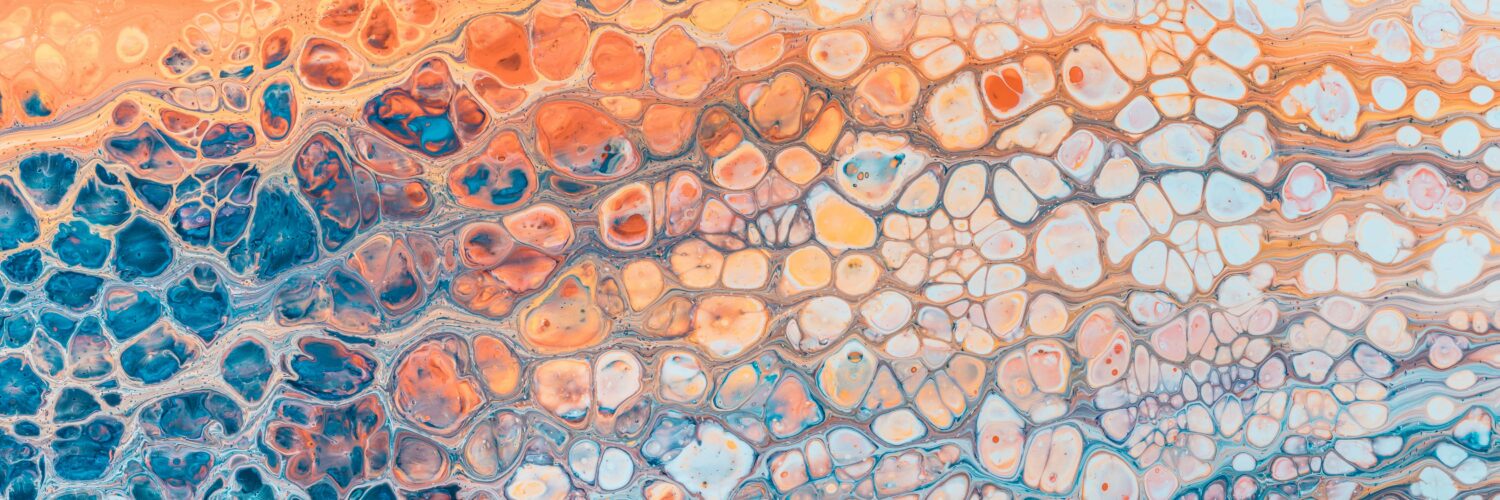
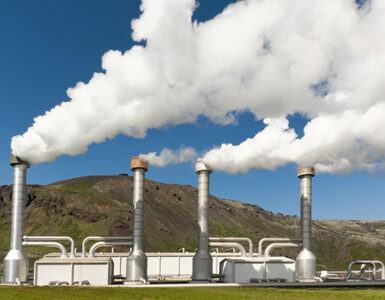
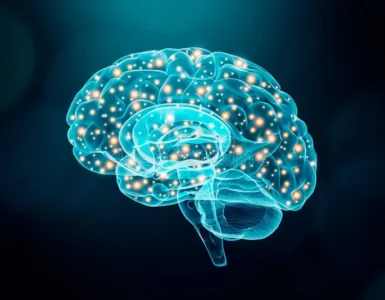
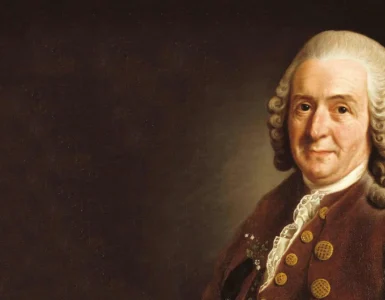
Add comment